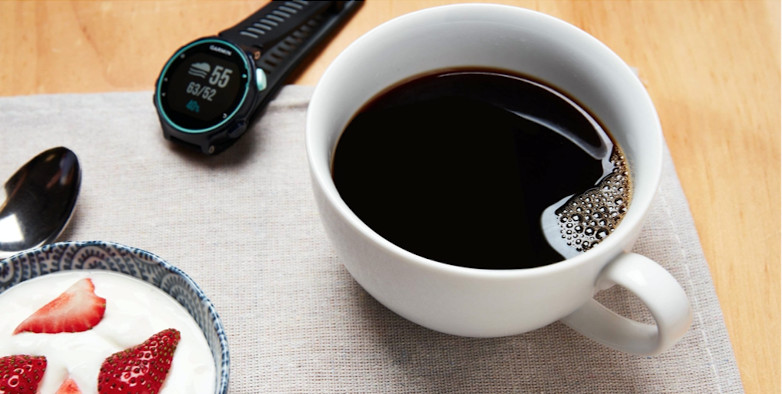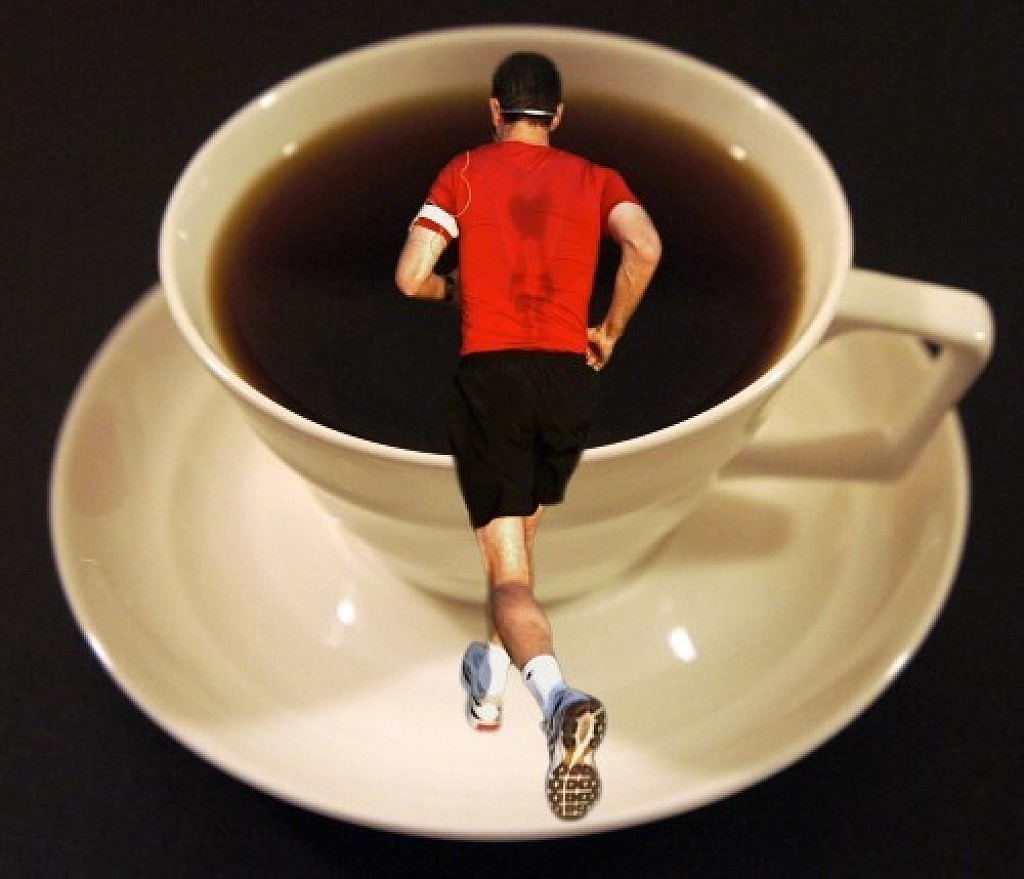Running News Daily
Running News Daily is edited by Bob Anderson. Send your news items to bob@mybestruns.com Advertising opportunities available. Train the Kenyan Way at KATA Kenya and Portugal owned and operated by Bob Anderson. Be sure to catch our movie A Long Run the movie KATA Running Camps and KATA Potato Farms - 31 now open in Kenya! https://kata.ke/
Index to Daily Posts · Sign Up For Updates · Run The World Feed
Too Much Caffeine Could Weaken Your Bones Over Time, New Research Suggests
If you drink coffee and consume caffeine in other ways, it’s worth monitoring your intake.
Higher doses of caffeine—around 800 mg or more per day—may up your risk of developing osteoporosis, new research suggests.

The FDA recommends 400 mg of caffeine per day as a generally safe amount—this includes caffeine from sources such as coffee, energy drinks, and preworkout mixes.
If you drink coffee all day or you take caffeine pills for athletic performance benefits, you may want to track the amount of caffeine you’re consuming. Higher doses of caffeine may up your risk of developing osteoporosis, according to a study in the British Journal of Pharmacology.
Researchers looked at 24 people, half of whom chewed a non-caffeinated gum and the other chewing a caffeinated version, and over the course of six hours, they got fresh gum several times. The latter group ended up consuming about 800 mg of caffeine—that’s the equivalent of eight cups of coffee.
That group saw a significant increase in terms of calcium in their urine—about 77 percent more at the end of six hours than when they started. High amounts of calcium output indicate that the kidneys are releasing the mineral faster than the body can replace it.
That led the researchers to conclude that over the long term, this could put those in the caffeinated group at a much higher risk of bone density issues and, potentially, a greater risk of developing osteoporosis, which causes your bones to become weak and brittle. This is an issue that tends to impact older adults most, since we lose bone density naturally as we age, but the researchers concluded that athletes could be at risk as well if they’re using caffeine for performance enhancement.
For example, although eight cups of coffee is excessive, many energy drinks have between 300 to 400 mg in one can, and some 2-ounce energy shots can have that much as well. Supplements with caffeine, such as preworkout mixes, can range between 150 to 300 mg per serving. That means it may be possible to get to 800 mg and even above without draining the coffee pot, said Kristin Gillespie, R.D., dietitian and nutritional counselor based in Virginia Beach, Virginia.
“When consumed in moderation, the effect of caffeine is fairly modest,” she told Runner’s World. “Where we get into trouble is with those higher amounts, so cutting back would be your best option.”
The FDA recommends 400 mg of caffeine per day as generally safe, and even with that amount, Gillespie suggested making sure you consume adequate calcium and vitamin D, which are both critical for maintaining bone health.
“Ideally, this would come from your diet, but if you struggle with getting adequate amounts, consider incorporating a supplement,” she said. “Also, exercising regularly is a vital part of bone health, so that can balance out higher amounts of caffeine.” (It’s worth noting, consult a registered dietitian or medical professional before adding any supplements into your diet.)
by Runner’s World
Login to leave a comment




